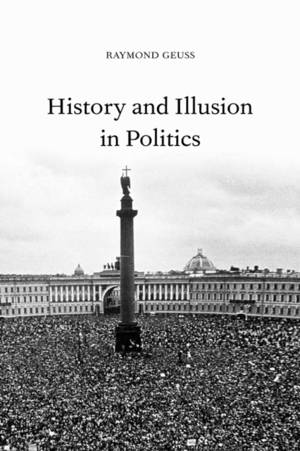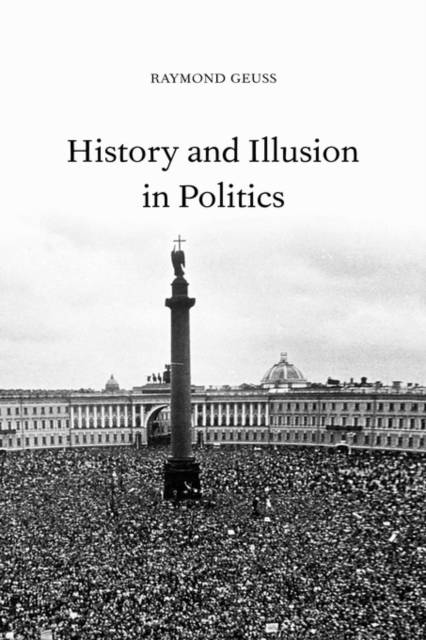
- Afhalen na 1 uur in een winkel met voorraad
- Gratis thuislevering in België vanaf € 30
- Ruim aanbod met 7 miljoen producten
- Afhalen na 1 uur in een winkel met voorraad
- Gratis thuislevering in België vanaf € 30
- Ruim aanbod met 7 miljoen producten
Zoeken
Omschrijving
In his new book, distinguished political philosopher Raymond Geuss critically examines some of the most widely held and important preconceptions about contemporary politics western societies: the state, authority, violence and coercion, the concept of legitimacy, liberalism, toleration, freedom, democracy, and human rights. Geuss argues that the liberal democratic state committed to the defense of human rights is in fact a confused conjunction of disparate elements. One of his most striking claims is that it makes sense to speak of rights only relative to a mechanism for enforcing them, and that therefore the whole concept of a "human right" as it is commonly used in contemporary political philosophy, is a confusion. A profound and concise essay on the basic structure of contemporary politics, History and Illusion in Politics is written in a voice that is skeptical, engaged, and clear. Raymond Geuss is University Lecturer, Faculty of Philosophy, University of Cambridge. Educated in the United States and Germany, he has held academic posts at Heidelberg, the University of Chicago and Princeton University. He is the editor of Nietzsche The Birth of Tragedy (Cambridge, 1999) and the author of Public Goods, Private Goods (Princeton, 2001). He is a frequent commentator on BBC Radio Three and World Service.
Specificaties
Betrokkenen
- Auteur(s):
- Uitgeverij:
Inhoud
- Aantal bladzijden:
- 184
- Taal:
- Engels
Eigenschappen
- Productcode (EAN):
- 9780521805964
- Verschijningsdatum:
- 9/07/2001
- Uitvoering:
- Hardcover
- Formaat:
- Genaaid
- Afmetingen:
- 150 mm x 229 mm
- Gewicht:
- 385 g

Alleen bij Standaard Boekhandel
+ 345 punten op je klantenkaart van Standaard Boekhandel
Beoordelingen
We publiceren alleen reviews die voldoen aan de voorwaarden voor reviews. Bekijk onze voorwaarden voor reviews.











